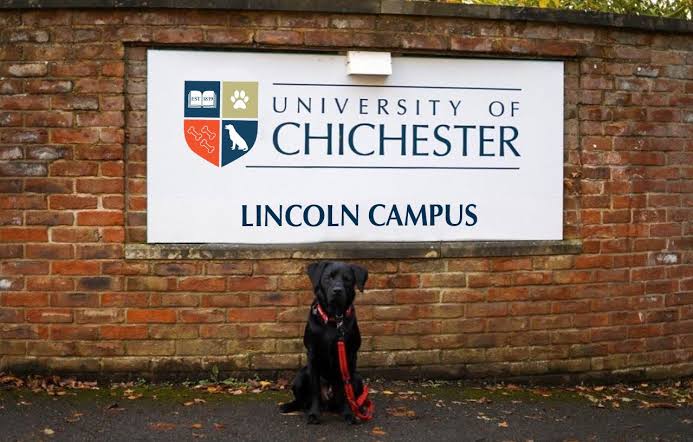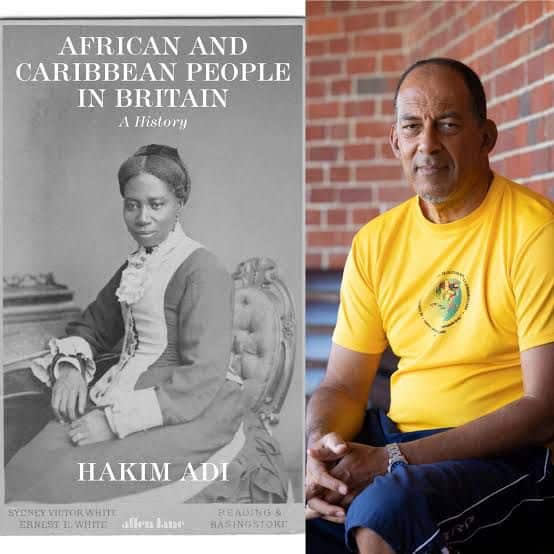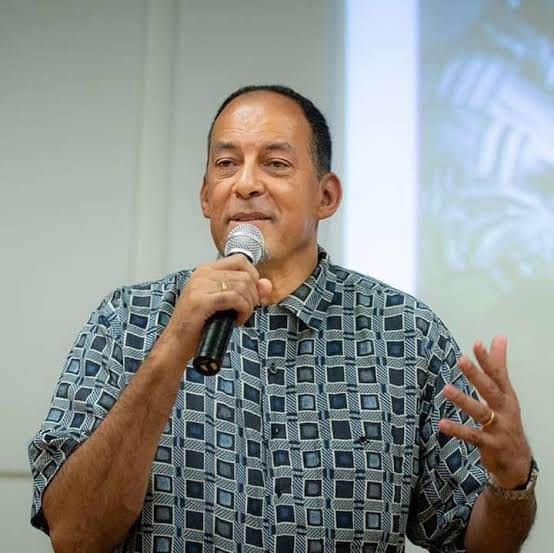
An intellectual and expert in the history of Africa and the African diaspora, Professor Hakim Adi is at risk of termination by the University of Chichester, United Kingdom. News emerged last month—ending of July, that the University decided to discontinue all recruitment to the Masters by Research (MRes), History of Africa and the African Diaspora, a course being held in high esteem and taught by Professor Hakim Adi.
However, the University has made moves to withdraw Professor Hakim Adi’s Masters by Research (MRes) course even without consulting him. The move is a huge slap on the black race and an attack on African ancestry.

Professor Hakim Adi is an author, historian, and activist. He is from Ekiti state, Nigeria, and is the founder of the Young Historian Project. He is the UK’s first and only professor of the history of Africa and the African diaspora, holding the position and being an academic at the University of Chichester in the UK. Extensively, his works sought to show that Africans and people of African origin have contributed enormously yet frequently go unseen to the history of Britain, in addition to the major relations that have been built between those on the African continent and its diaspora.
He has devoted his entire professional and personal life to researching, educating, and advocating for African history. He has been with the University of Chichester for more than a decade even before the inception of the MRes in 2017. According to research, the course is the only one of its kind in Europe and was one of the proposals of the History Matters conference in 2015 supported by the University of Chichester.
According to prof, “…all the evidence we have is that the course is badly needed. It has produced 6 current Ph.D. students for the university and could produce even more if adequately advertised…. It has recruited and has support in Britain, North America, Africa and the Caribbean, and even Asia.”

It is then worrisome that the University decided without taking into consideration how the effect will be on the lecturer taking the course and its people. The justification made by the University’s spokesperson that “since the programme launched in 2017, the university has invested over £700,000 into the delivery of this programme but has only received £150,000 of tuition fees during this same time period” holds no water. The justification only shows that the University is commercializing education from its side. It is pertinent that the suspension of recruiting to the course be lifted and the course be reinstated.
The course, according to research, has paved the path for succeeding historians of African ancestry and other underrepresented populations in the UK. The fact that the course is yet to draw in enough students is unreasonable to be suspended. The quality of knowledge regarding the course matters only — and being a history course, it will surely contribute to a deeper understanding of the rich and diverse history of the African continent. Halting it would result in a fissure in knowledge and cultural understanding of African people. It will, on the part of students, limit their ability to grasp the complexities, contributions, and challenges that have shaped Africa’s past and present.
Stopping the course will hamper struggles to battle biases, stereotypes, and misconceptions about Africa. Professor Hakim Adi became the UK’s first black history professor in 2015 and according to him, the course is a unique course being “a master’s-level course in Britain, in Europe, in the world, that focuses on the history of Africa and the African diaspora. It is a course that was set up to train historians, especially those of African and Caribbean heritage…”.

So far so good, as of the 5th of August, 2023, a petition on Change.org dissenting Professor Adi’s proposed discharges and suspension of the course recruitment has obtained more than 10,000 signatures, noting their dissatisfaction about the move and requesting the reinstatement of the course.
The university should be transparent in its affairs and reveal why they did take the action without consulting the owner of the course, Professor Hakim Adi. The University should also explain why it can’t go to extreme lengths to market the course and deployed its full resources in that regard.
The University of Chichester should note that making Professor Hakim Adi’s course redundant, is “nothing but an attack on Black academia”. Students will lose out on important contexts for understanding more general historical and present challenges if Professor Hakim Adi’s MRes in African history is stopped. The reason for this is that the course itself offers insightful analysis of issues like colonialism, imperialism, decolonization, and social movements.
The course is essential for promoting a well-rounded education that includes a thorough understanding of international history. It equips students to interact intelligently and responsibly with the global community, hence it is vitally important for the University of Chichester to reevaluate its decisions.
___
Hammed J. Sulaiman, a graduate of law, is a social activist, and multimedia journalist. He is an advocate for sustainable development and social justice, having key experience with NGOs and Think Tanks. He is a member of the Editorial Team at The Liberalist and a former editorial assistant at African Liberty. He tweets @sulexmighty_sbm








